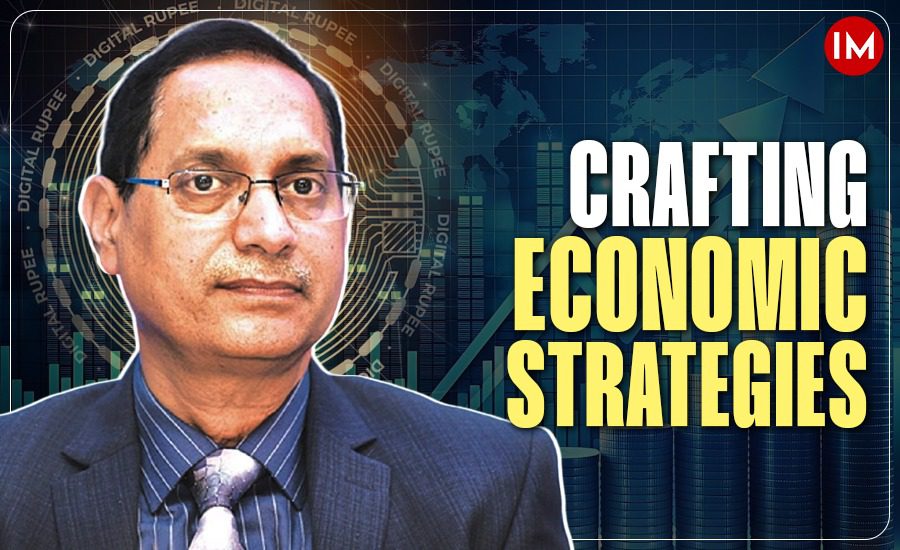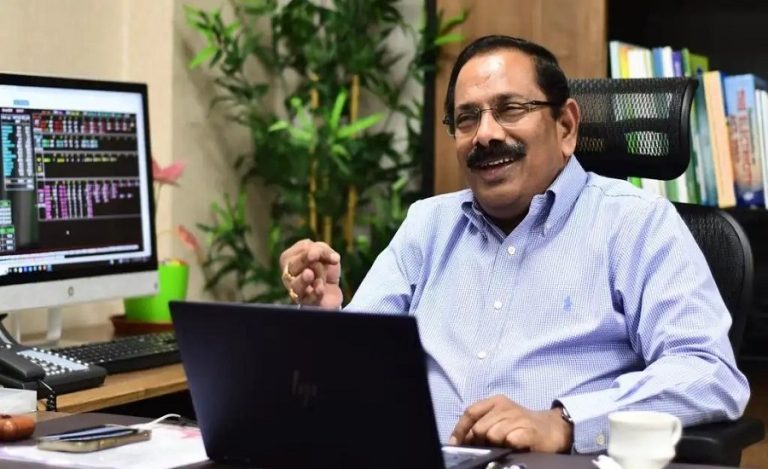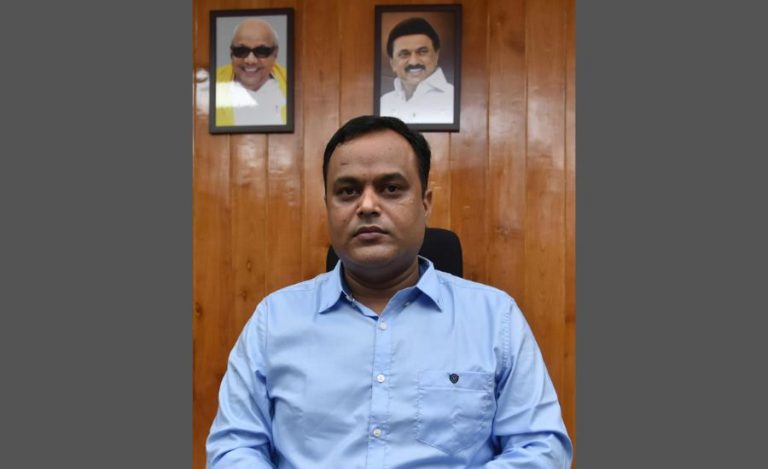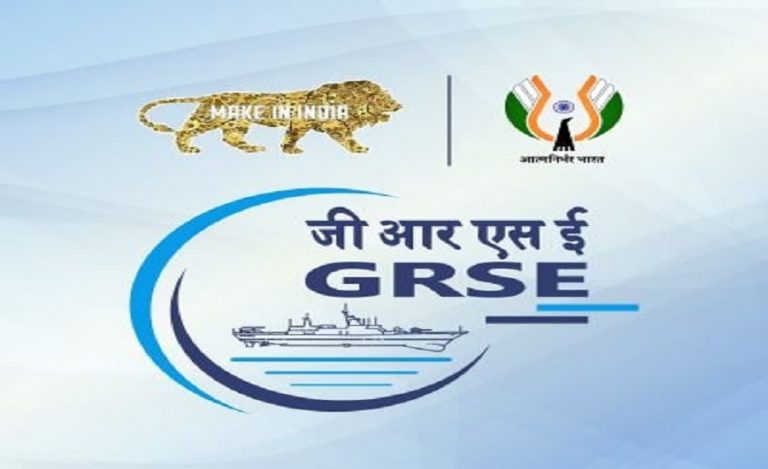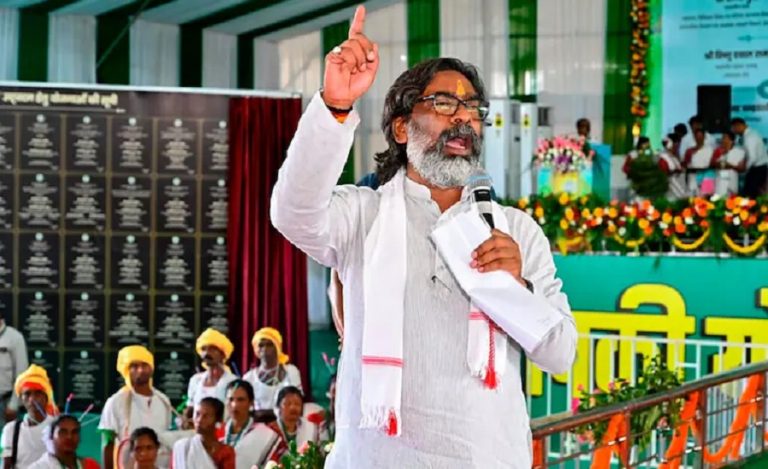The Finance Secretary of India is in a pivotal position, tasked with overseeing the country’s financial administration and advising the finance minister on policy matters. This role encompasses a wide array of responsibilities, including managing the Ministry of Finance, representing the ministry before Parliament, and ensuring the smooth implementation of government financial policies. The recent appointment of Tuhin Kanta Pandey, a senior IAS officer of the 1987 batch from the Odisha cadre, to this esteemed position marks a significant moment in India’s financial landscape.
A JOURNEY STEEPED IN EXPERIENCE
Tuhin Kanta Pandey’s career spans a remarkable journey through various administrative roles in both the Odisha government and the Government of India. Before his recent appointment as Finance Secretary on September 7, 2024, he held several influential positions, including Secretary of the Departments of Public Enterprises (DPE) and Investment and Public Asset Management (DIPAM).
His tenure at DIPAM, lasting five years, saw him at the helm of key disinvestment programs, such as the historic sale of Air India, showcasing his adeptness in managing complex financial transactions and maximizing the value of government assets.
With a Master’s degree in Economics from Punjab University and an MBA from the United Kingdom, his educational credentials complement his extensive practical experience. Early in his career, he served as Executive Director and Managing Director of the Odisha State Financial Corporation and the Odisha Small Industries Corporation Ltd., where he honed his skills in financial management and public policy.
KEY MILESTONES IN A DISTINGUISHED CAREER
Tuhin Kanta Pandey’s professional trajectory is marked by significant achievements across various departments. He began his career as a District Collector and District Magistrate in Sambalpur, where he developed a keen understanding of grassroots governance. His subsequent roles included Deputy Secretary in the Ministry of Commerce and Industry and a stint at the United Nations Industrial Development Organisation (UNIDO), where he gained international exposure.
Upon returning to India, Mr. Pandey held several strategic positions, including Special Secretary in the General Administration Department, Transport Commissioner, Health Secretary, and Commissioner of Commercial Taxes. His appointment as Joint Secretary of the Planning Commission in 2009 further solidified his reputation as a skilled administrator capable of navigating complex bureaucratic landscapes.
A LEGACY OF LEADERSHIP IN DISINVESTMENT
Before taking the helm as Finance Secretary, Mr. Pandey’s leadership in the Department of Investment and Public Asset Management was pivotal. He successfully oversaw major disinvestment initiatives aimed at revitalizing public sector enterprises and enhancing transparency. The sale of Air India, a long-anticipated move in India’s economic reform journey, stands out as a crowning achievement during his tenure. Additionally, he played a crucial role in the public listing of the Life Insurance Corporation of India (LIC), further cementing his legacy as a transformative figure in public finance.
His brief additional responsibility as Secretary of the Ministry of Civil Aviation in 2021 showcased his versatility and readiness to tackle pressing issues in various sectors of the economy.
RESPONSIBILITIES AND CHALLENGES
As Finance Secretary, Mr. Tuhin Kanta Pandey assumes the mantle of guiding India’s financial policies at a time of dynamic economic challenges. His primary responsibilities include advising the Finance Minister on fiscal strategies, representing the ministry in Parliament, and managing the intricacies of government financial administration. With the backdrop of a rapidly changing global economy, Mr. Pandey’s extensive experience and proven track record in handling complex financial matters will be instrumental in steering India towards sustainable economic growth.
In conclusion, Mr. Tuhin Kanta Pandey’s appointment as Finance Secretary not only underscores his personal achievements but also reflects the central government’s commitment to leveraging experienced leaders to navigate the complexities of the Indian economy. As he embarks on this critical role, all eyes will be on how he shapes the financial future of the nation in the years to come.

